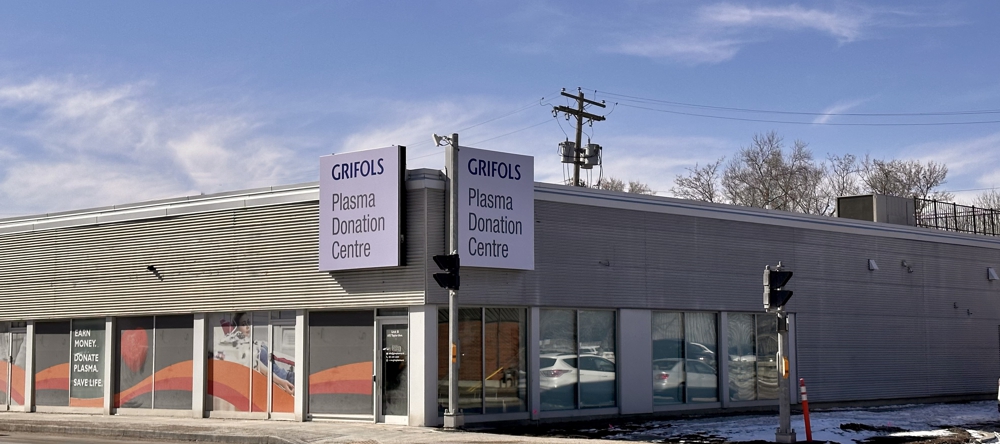The Case for Paid Plasma Donations in Canada
janvier 4, 2021
The debate around paid plasma donations is a long-standing one that people on both sides of the argument feel very strongly about. Despite the fact that remunerating donors has been proven to be the only way to ensure a secure supply of plasma, there is still uncertainty about the safety and morality of this practice. With plasma products manufactured from convalescent plasma now being trialled to treat COVID-19, it’s never been more important to prevent supply shortages from happening.
Here are three reasons why paid plasma donations should be made legal across Canada.
1. The Growing Demand for Plasma Donations
Blood plasma, the protein-rich yellow liquid component of blood, has long been used to manufacture a wide range of life-saving therapies. The number of illnesses that can be treated using blood plasma is only increasing and the demand for blood plasma is growing at a rate of 6-10% per year globally. This does not include the demand that has come about as researchers have begun to explore the possibility of convalescent plasma being a viable treatment for COVID-19.
We cannot rely on voluntary, non-remunerated plasma donations alone to meet this growing demand. The only way to provide immunocompromised patients with the plasma-derived products they rely on is to pay plasma donors.
2. Ensuring A Secure and Sufficient Supply of Plasma
In Canada, we currently import 80% of the plasma therapies we create from the plasma of American donors. In fact, the United States, a nation that permits paid plasma donations, is responsible for 70% of the global plasma supply. When grouped with other countries that allow plasma donors to be compensated, including Austria, Czechia, Germany, and Hungary, 90% of the total supply of plasma can be accounted for. Clearly, paid plasma donations work.
If we allowed plasma donors to be remunerated across Canada and repealed the Voluntary Blood Donations Act in provinces where it has been enacted, we wouldn’t have to rely so heavily on the plasma of paid American donors. We’ve all witnessed the supply chain issues that have come about as a result of COVID-19, and these same interruptions could happen to the global supply of plasma at any time. This scenario would spell out a matter of life or death for patients who rely on plasma-derived products.
As it stands now, the majority of Canadian plasma donors are not compensated.
3. Paid Plasma Donations Are Both Safe and Ethical
Time and time again, paid plasma donations have been proven to be just as safe as unpaid donations. Health Canada has laid out strict regulatory requirements that plasma collectors must abide by and they oversee the safe collection of plasma. All donors are required to undergo rigorous screenings to ensure tainted blood supplies never make their way to patients who are receiving these life-saving therapies.
Paid plasma donations are also ethical, as they incentivize rather than coerce donors to give plasma. By paying plasma donors, you increase the range of options available to them. A mutually beneficial situation in which donors are paid for their time and effort and patients are able to receive the treatments they rely on is also created when donors are compensated.
As of late, there has been some good news on the paid plasma donation front in Canada. The Alberta legislature has officially repealed the Voluntary Blood Donations Act, which means Albertans can now receive remuneration for their plasma donations! As long time proponents of this practice, we’re thrilled to see some progress being made.
If you’d like to help create life-saving therapies for immunocompromised patients and get compensated for your contribution, book an appointment at a Canadian Plasma Resources centre near you!
















